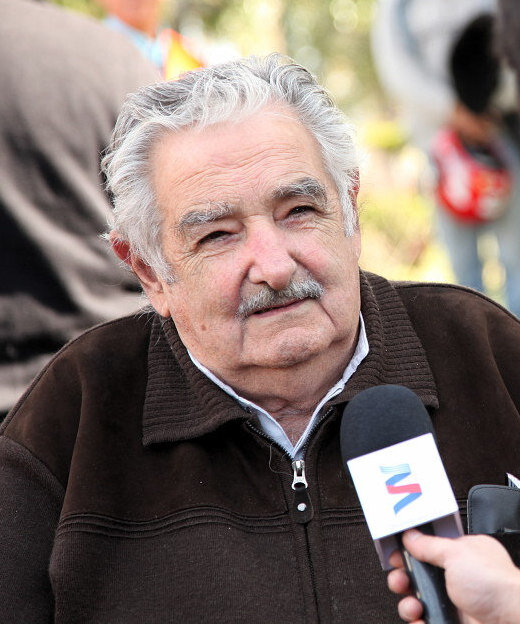José Mujica Withdraws from Uruguay’s Politics
Former president, José “Pepe” Mujica, resigns from the Uruguayan Senate after being diagnosed with chronic immunological disease. Source: Commons
Former Uruguayan President and historic Latin American politician José “Pepe” Mujica resigned his position in the Uruguayan Senate on October 20, announcing his withdrawal from active politics. The decision comes after the diagnosis of a chronic immunological disease at the age of 85 and increased concerns about the risks that COVID-19 could pose to his health. “I’m threatened by double circumstances,” he said: “my old age and my immunological disease.”
During his intervention in the Senate, Mujica expressed: “This situation forces me, with much regret for my profound political vocation, to request from the Senate bench that gave me citizenship that my resignation be accepted.” Mujica served for the first time in the Senate 26 years ago in 1994.
Mujica began his political career by joining the National Liberation Movement Tupamaros in the 1960s and, between 2005 and 2008, served as the Minister for Livestock, Agriculture and Fishing. He led the Popular Participation Movement and acted as president of the left-wing Frente Amplio party in 2009 after his successes as a representative, senator, and minister.
His term as President of Uruguay between 2010 and 2015, however, marked Mujica’s high point with regard to renown. He became internationally popular, and he was the center of numerous movies and books due to his progressive legislative reforms including the legalization of same-sex marriage and thedecriminlisation of marijuana and abortions.
Mujica concluded his Senate intervention by addressing the young population, who he says will fill the void he leaves. “I want to convey to young people,” he expressed, “that to succeed in life is not to win: to succeed in life is to get up and start over every time that one falls." The Senate approved Mujica’s resignation and held tributes to honor the politician. Alejandro Sánchez, Mujica’s 40-year-old alternate and representative of the Popular Participation Movement, will fill the empty position on the bench.
Mujica’s resignation came alongside the departure of another important figure in Uruguayan politics: former President and Senator Julio María Sanguinetti, who also stepped down from his position in the Senate on the same day. The leaders, who have butted heads for decades sitting on opposite sides of Uruguay’s political spectrum, surprised the world by sharing a hug during their departure from the Senate.
Considering the increasingly polarized state of global politics, the public enthusiastically received the heartwarming gesture by the two former presidents, perceiving it as a needed sign of civility and democracy amid the current uncertainty brought about by the coronavirus pandemic.

